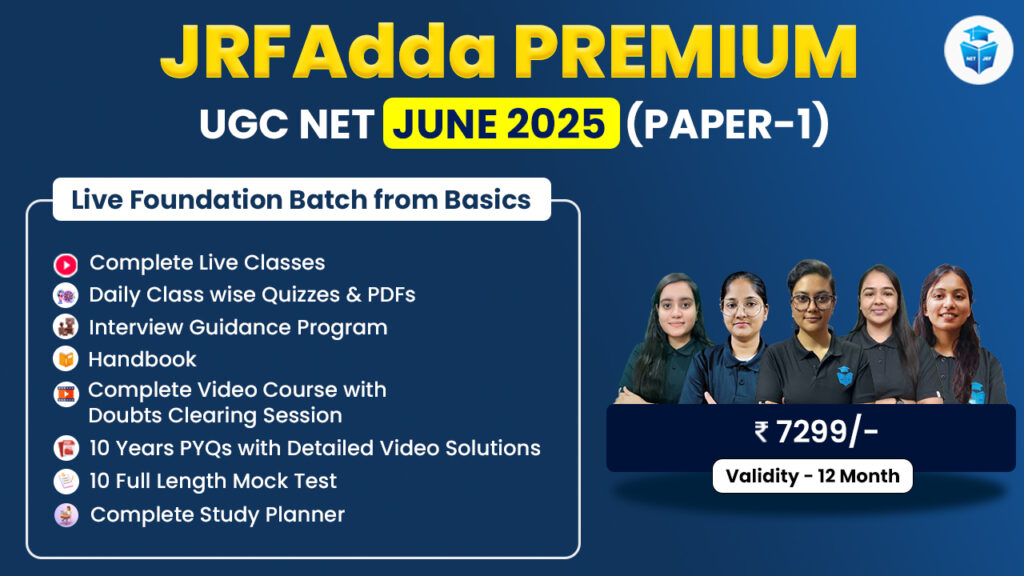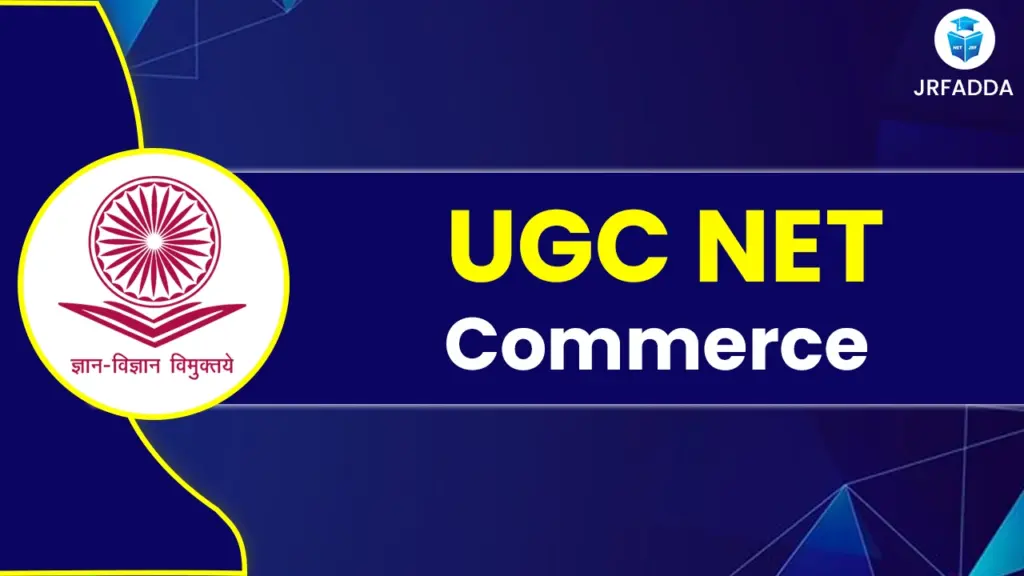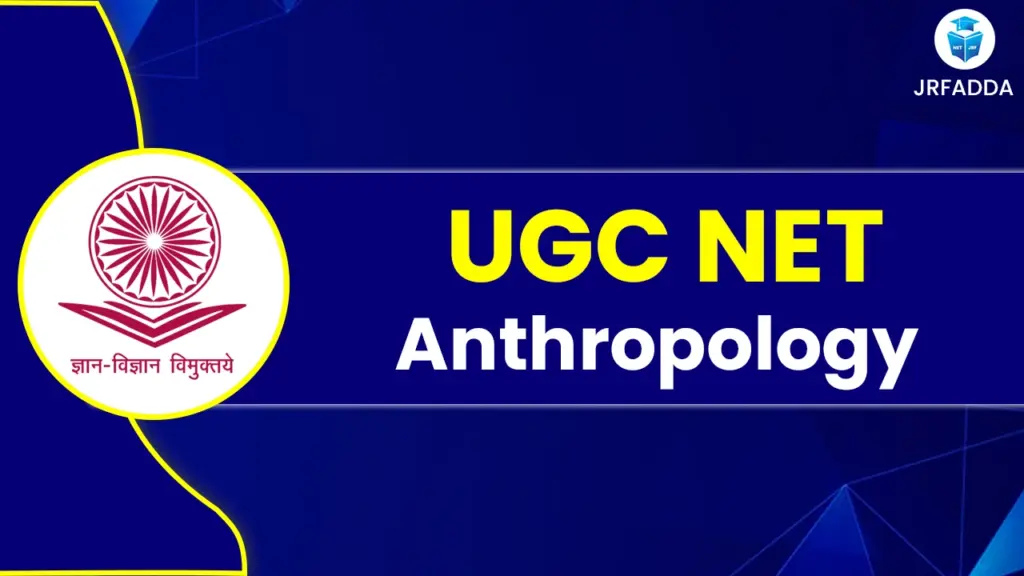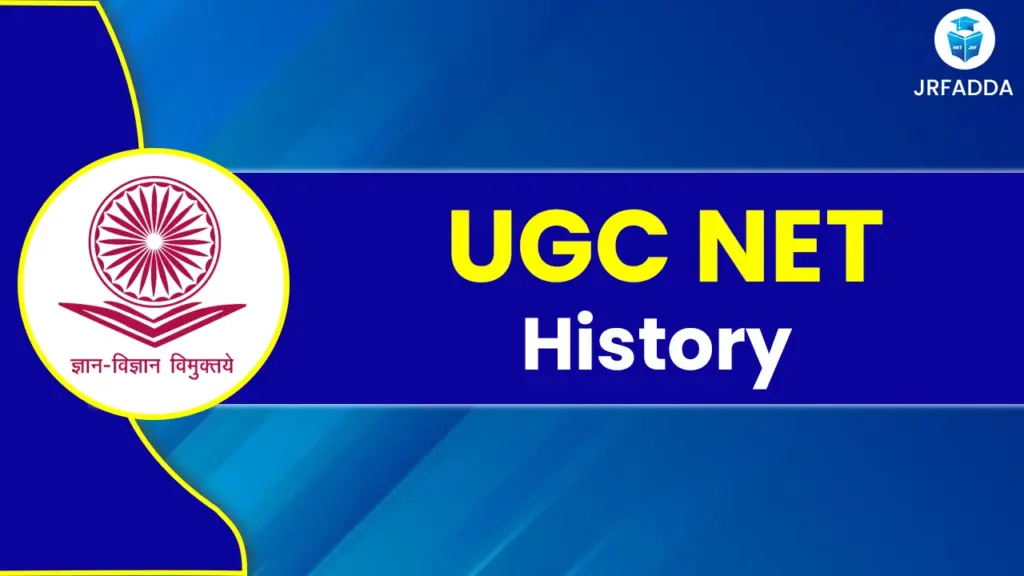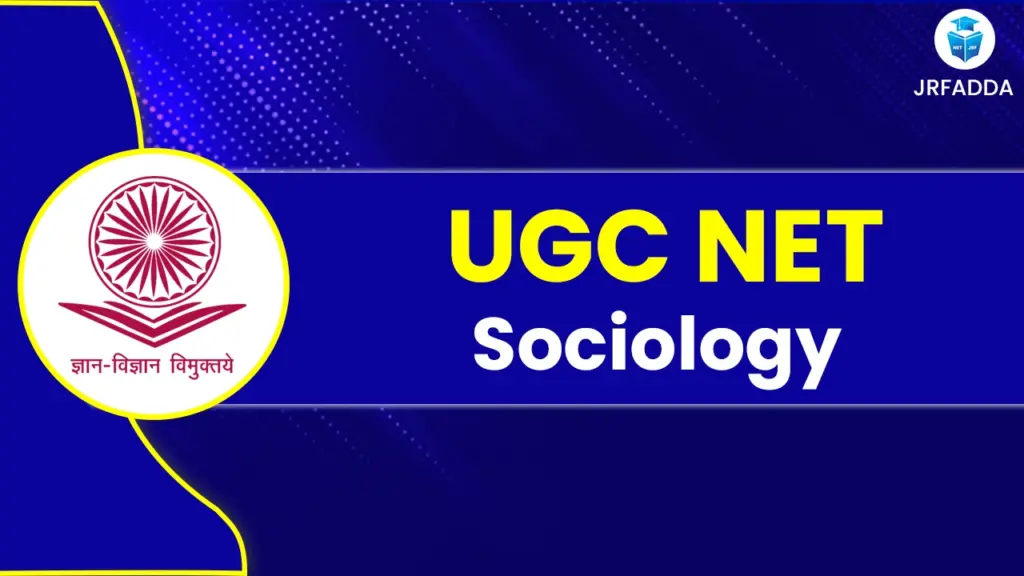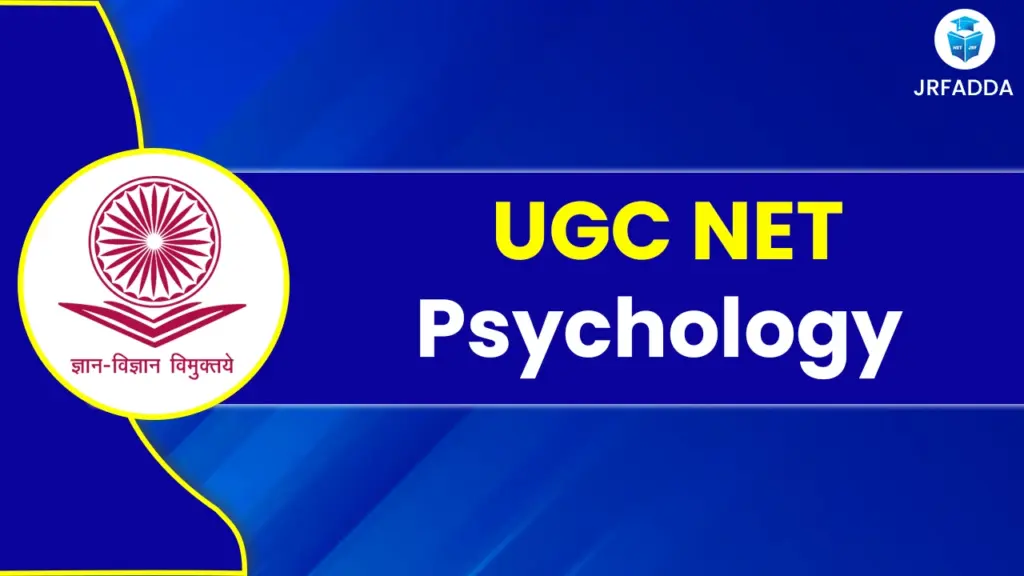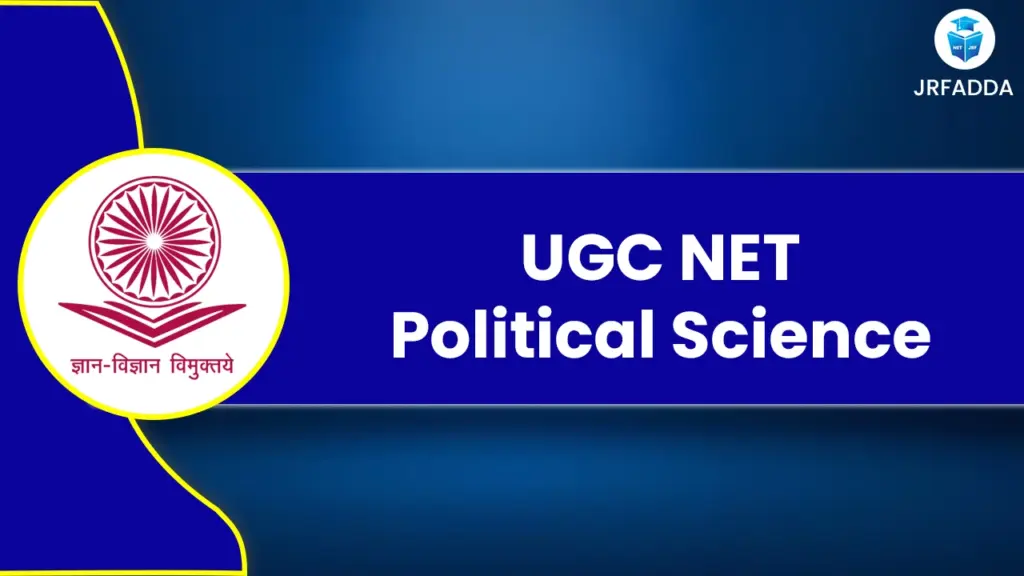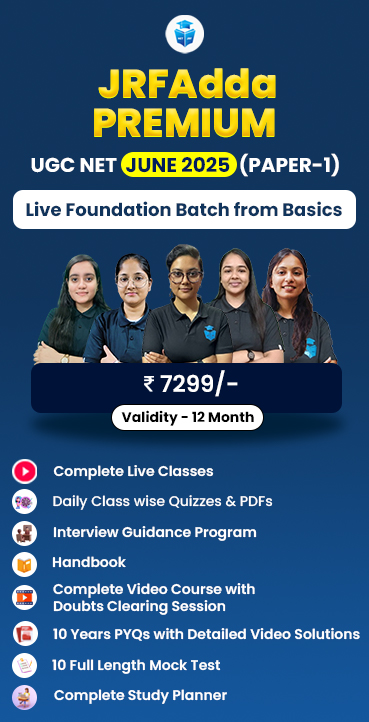Dr. Manmohan Singh was the former Prime Minister of India, a great figure in the transformation of the nation’s economy, who died at 92 years old on December 26, 2024. He was admitted to New Delhi’s All India Institute of Medical Sciences after experiencing sudden loss of consciousness, which then was pronounced dead at 9:51 p.m.
Former PM Manmohan Singh Passes Away At 92
Dr. Manmohan Singh, former Prime Minister of India and architect of the 1991 economic reforms, passed away at AIIMS Delhi on December 26, 2024. He was 92. Known for his humility and visionary leadership, Dr. Singh led India through transformative economic and political changes. As a mark of respect, a seven-day national mourning was declared, and his last rites will be conducted with full state honors.Dr. Manmohan Singh Biography
Dr. Manmohan Singh, born on 26th September, 1932, at Gah, Punjab in Pakistan, is considered as one of India’s greatest leaders and economic reformers. A scholar, an economist and a politician, the life of Dr. Singh is a great intellectual story of brilliance, public service and dedication to India’s growth. Dr. Manmohan Singh was born into a family of modest background in pre-partition Punjab. After the partition in 1947, his family shifted to India. Despite facing difficulties, he was an outstanding student.| Aspect | Details |
| Full Name | Dr. Manmohan Singh |
| Date of Birth | 26-September-1932 |
| Place of Birth | Gah, Punjab (now in Pakistan) |
| Nationality | Indian |
| Religion | Sikhism |
| Education | Bachelor’s and Master’s in Economics, Panjab University (1952, 1954) Economics Tripos (First-Class Honours), University of Cambridge, UK (1957) D.Phil. in Economics, University of Oxford, UK (1962) |
| Family | Wife: Gursharan Kaur; Children: 3 daughters |
| Professional Career |
|
| Political Career |
|
| Major Contributions |
|
Dr. Manmohan Singh Contributions and Achievements for India
Significant initiatives taken during the tenure of Dr. Manmohan Singh as the Prime Minister:-
- Economic Growth: During his period, significant economic growth took place for India and the rate of GDP growth went as high as 9% at times during his first tenure.
- US-India Civil Nuclear Agreement (2008): This nuclear deal removed India’s global nuclear isolation and allowed them to resume civilian nuclear commerce with other countries.
- Social Welfare Programs: Implemented initiatives such as the National Rural Employment Guarantee Act (NREGA) and the Right to Information Act, seeking to increase transparency and employment opportunities.
- Strengthening India’s Global Presence: Dr. Singh worked very hard to raise India’s position in the world. He consolidated relations with the United States, China, Russia, and the European Union and made India a major power in international politics.
- Promotion of Infrastructure and Technological Advancements: Under his leadership, India witnessed huge infrastructural development, including roads and highways, urban infrastructure projects, and energy projects.
- Political Stability and Governance: He is known to be one of the calmest, stable leaders that India has seen as prime minister. Challenging as his term was, his governance model was based more on consensus and cooperation than any political line for national benefit.
Dr. Manmohan Singh Awards and Honors
During his career, Dr. Singh won multiple awards, such as:- Padma Vibhushan (1987): The second-highest civilian award in India, given for exceptional service.
- Honorary Doctorates: Received from various universities worldwide for his contributions to economics and public service.
Prime Ministerial Tenure (2004–2014)
Dr. Singh was India’s 13th Prime Minister from May 22, 2004, through May 26, 2014. He remains the first Sikh to head the country. Although his second term was not free of crisis, including an economic slowdown and corruption allegations, Dr. Singh’s legacy remains that of a reformist leader and an architect of the economy. He firmly established India as one of the world’s fastest-growing major economies. An intellectual legacy of integrity and impact, Dr. Manmohan Singh purpose-marked the beginning of pioneering economic reforms and championed programs for social welfare, as well as for India’s international standing. He has dedicated his entire life for the advancement of the country; as an economist and statesman, he continues to inspire many future generations.Dr. Manmohan Singh FAQs
Dr. Manmohan Singh was an economist and India’s Prime Minister (2004-2014), known for pioneering 1991 economic reforms.
Dr. Singh passed away on December 26, 2024, at AIIMS Delhi, aged 92.
He introduced economic liberalization in 1991 and implemented social welfare policies like NREGA and the RTI Act.
He held degrees in Economics from Panjab University, Cambridge, and Oxford.
Dr. Singh was a prominent member of the Indian National Congress.



